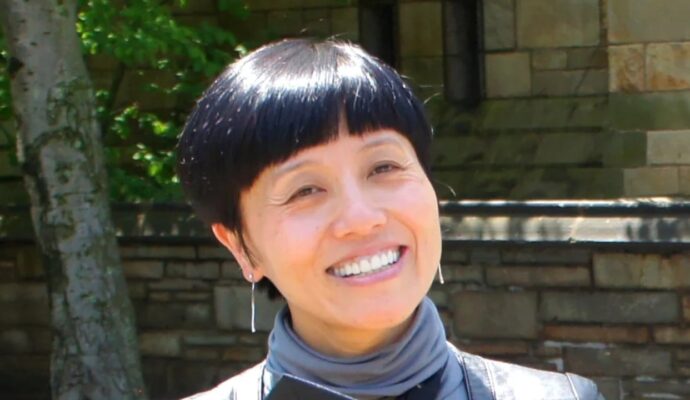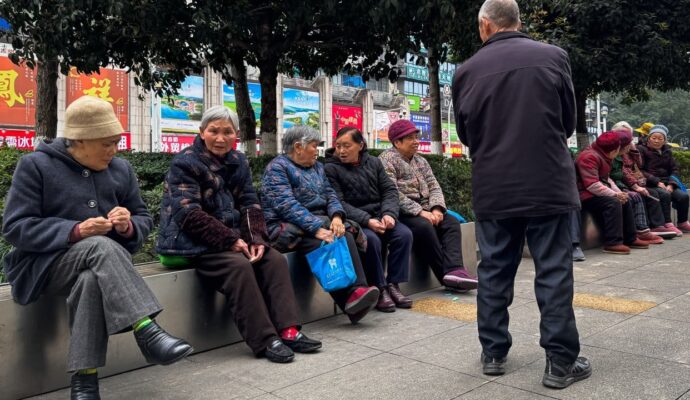
The two researchers are well-established academics who have previously led national research projects.
The NSFC said Ji Jie, a professor and doctoral supervisor at Beijing University of Civil Engineering and Architecture, contacted potential funding reviewers in 2022 and 2023 through phone calls and text messages.
Stem cell study in Nature didn’t have ethical approval, Chinese academy says
Stem cell study in Nature didn’t have ethical approval, Chinese academy says
According to the university’s website, Ji is the dean of the school of civil and transport engineering. In the past 10 years, she has undertaken more than 60 national, provincial and ministerial-level research projects and published more than 100 papers.
The other high-profile researcher is Yang Lijun, a professor at the school of energy power and mechanical engineering at North China Electric Power University (NCEPU) in Hebei province, China’s top school in the field of power systems.
Yang, who researches solar power photocatalysis, pollution controls and greenhouse gas emissions, previously won second prize in the State Scientific and Technological Progress Awards.
The NSFC said Yan “had a year-long and repeated practice of soliciting favours from a number of potential reviewers”.
Both scientists have been banned from applying for NSFC-funded projects for three years, and Ji has also been barred for five years from acting as a reviewer for the foundation’s projects.
“This is not an exceptional case; it is all too common,” said one scientist at NCEPU, who asked not to be named due to the sensitivity of the issue.
In China, early-career researchers are under the greatest pressure to secure funding to establish a reputation.
But the NCEPU scientist said that competition for research funding was so fierce that even mid-career or senior professors were desperate for financial support.
Competition for funding from the foundation has also grown. From 2011 to 2016, about 24 per cent of applicants received financial support but by 2021, that rate had dropped to 16.5 per cent.
Academics like Yang also faced the problem of resources being “monopolised” by a few in the scientific community, the scientist said. Those at the top, such as academicians and well-known principal investigators, routinely enjoyed most of the funding while the rest battled for whatever was left, he said.
“The chance [of getting funding for big projects] is very small when you have no power and connections,” the scientist said.
Neither Ji nor Yang replied to a request for comment from the Post.
How US$400 could get a bogus paper placed in a Chinese academic journal
How US$400 could get a bogus paper placed in a Chinese academic journal
According to an NSFC report in July 2022, more than 70 per cent of reviewers surveyed in 2021 said they had been approached by funding applicants during project reviews.
The other researchers accused of misconduct were called out over various issues of academic integrity, including buying, selling data and papers, manipulating data and images, using other people’s bylines without consent, and plagiarism.
They faced penalties that included the withdrawal of their funding grants and bans from project funding applications for up to five years.

